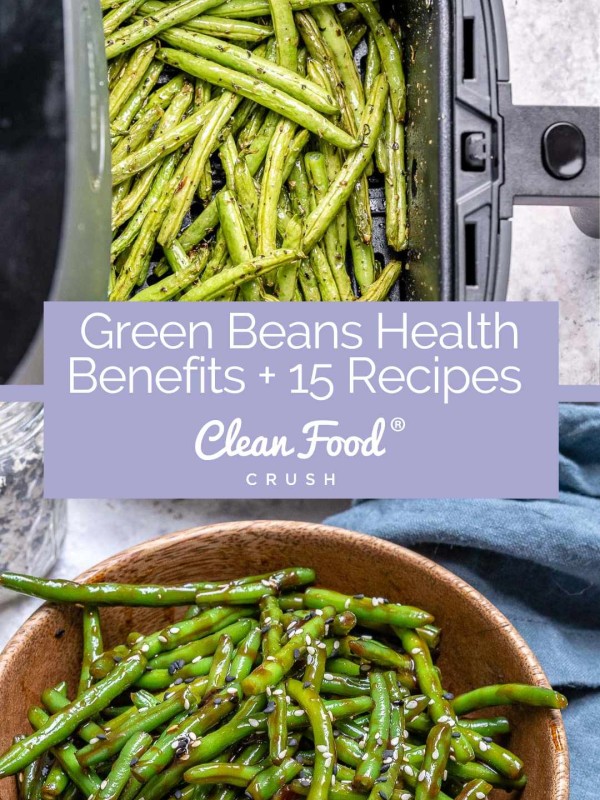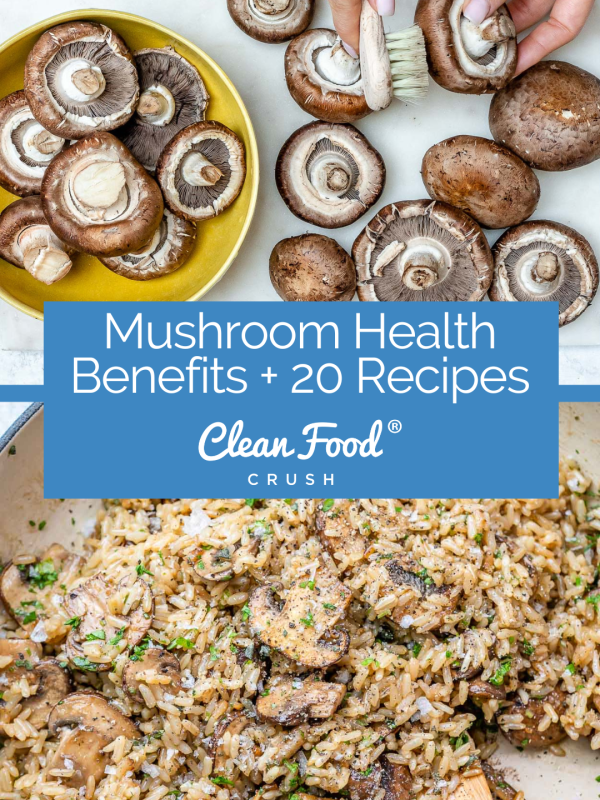This post contains affiliate links. Please see our disclosure policy.
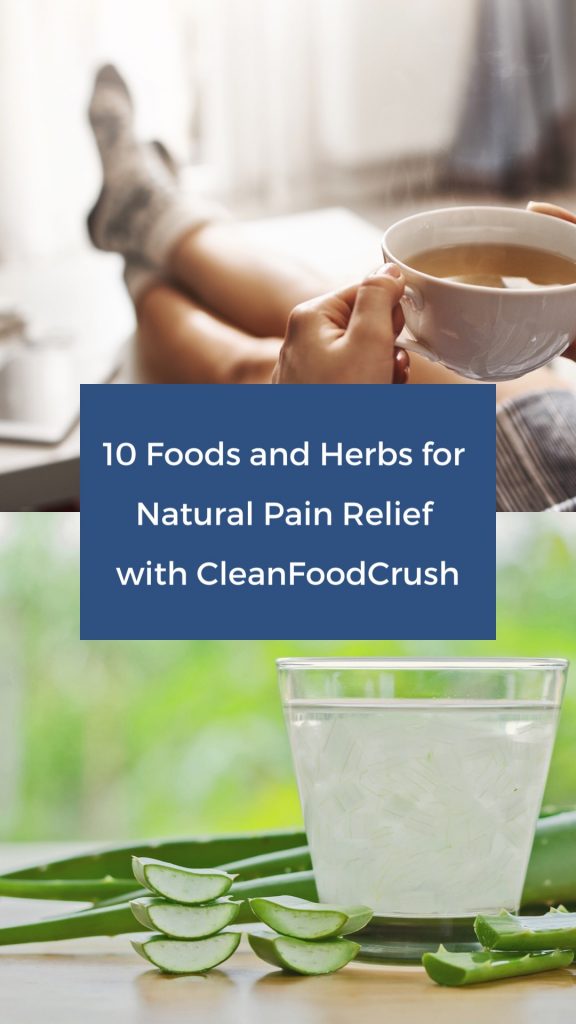
Being in pain is never fun. There are many reasons why we might experience joint aches, discomfort or chronic pain, but at the root of most pain is inflammation.
Diet and lifestyle changes are two great ways to promote pain relief by lowering inflammation. We can also use specific foods and herbs that act as natural pain killers and anti-inflammatories.
Although these tips are proven helpful, they are not a replacement for professional medical advice and care! If you are curious about any of these herbs or foods and are currently on a pain management plan, please consult with your doctor before trying them.
Here are 10 Foods & Herbs for Natural Pain Relief

1. Fish oils
The omega-3 fatty acids found in fish oils are highly anti-inflammatory. A major component to most pain is unmanaged inflammation, with many pain killers options being anti-inflammatory drugs. Studies show that fish oils can be used as safe and effective for managing inflammation. Fish oils are most effective when taken as supplements, however incorporating more cold-water fish in the diet may also be helpful!
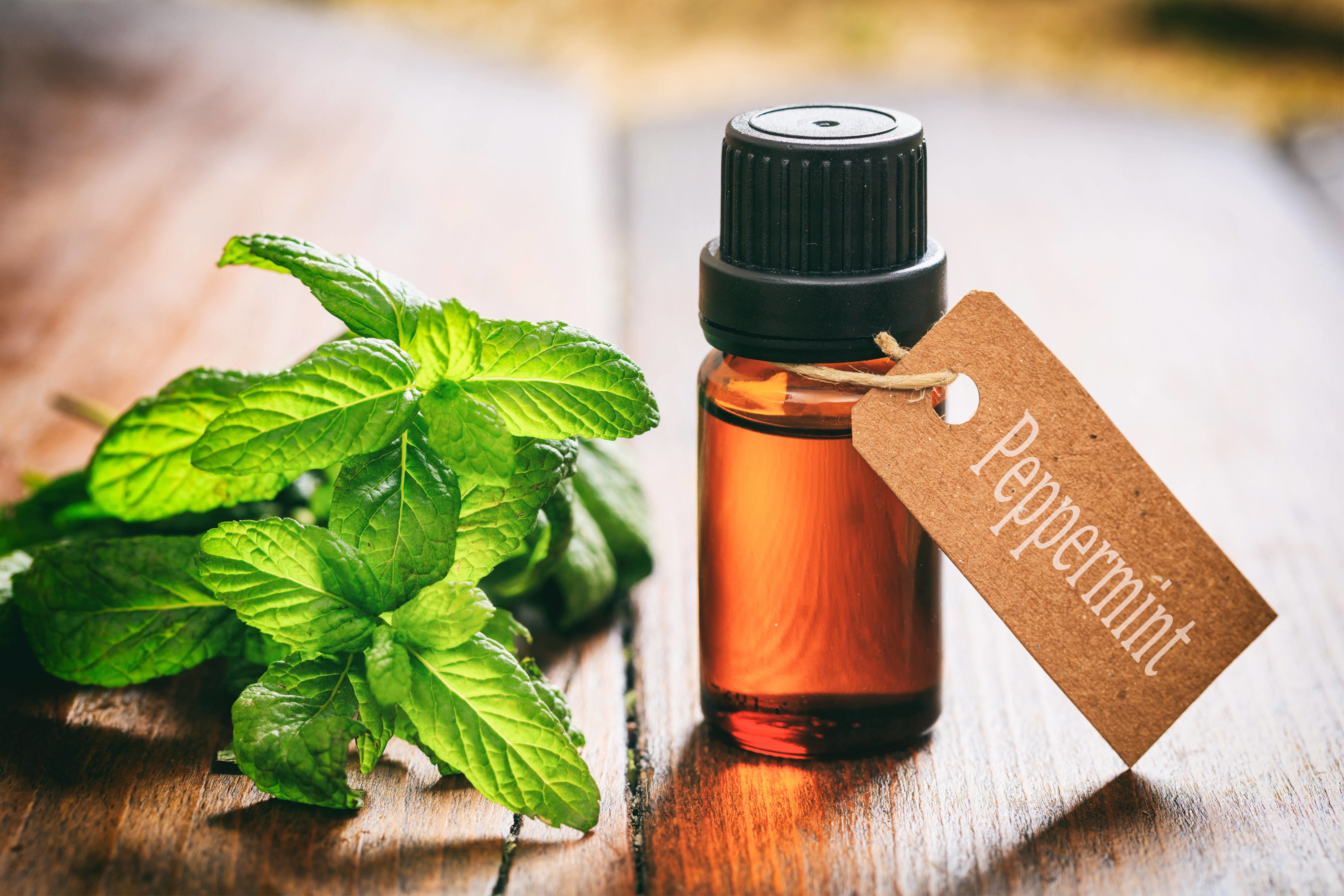
2. Peppermint
A beautiful cooling herb, peppermint is a great stomach pain reliever. Our culinary herbs are known as carminative herbs and they work on settling our gut walls, easing pain and removing gas from the digestive tract. Next time you feel stomach pain try brewing a cup of peppermint tea! In addition to fresh peppermint, peppermint essential oils also have pain-reducing properties and can be applied to the skin to relieve muscle soreness and headaches.
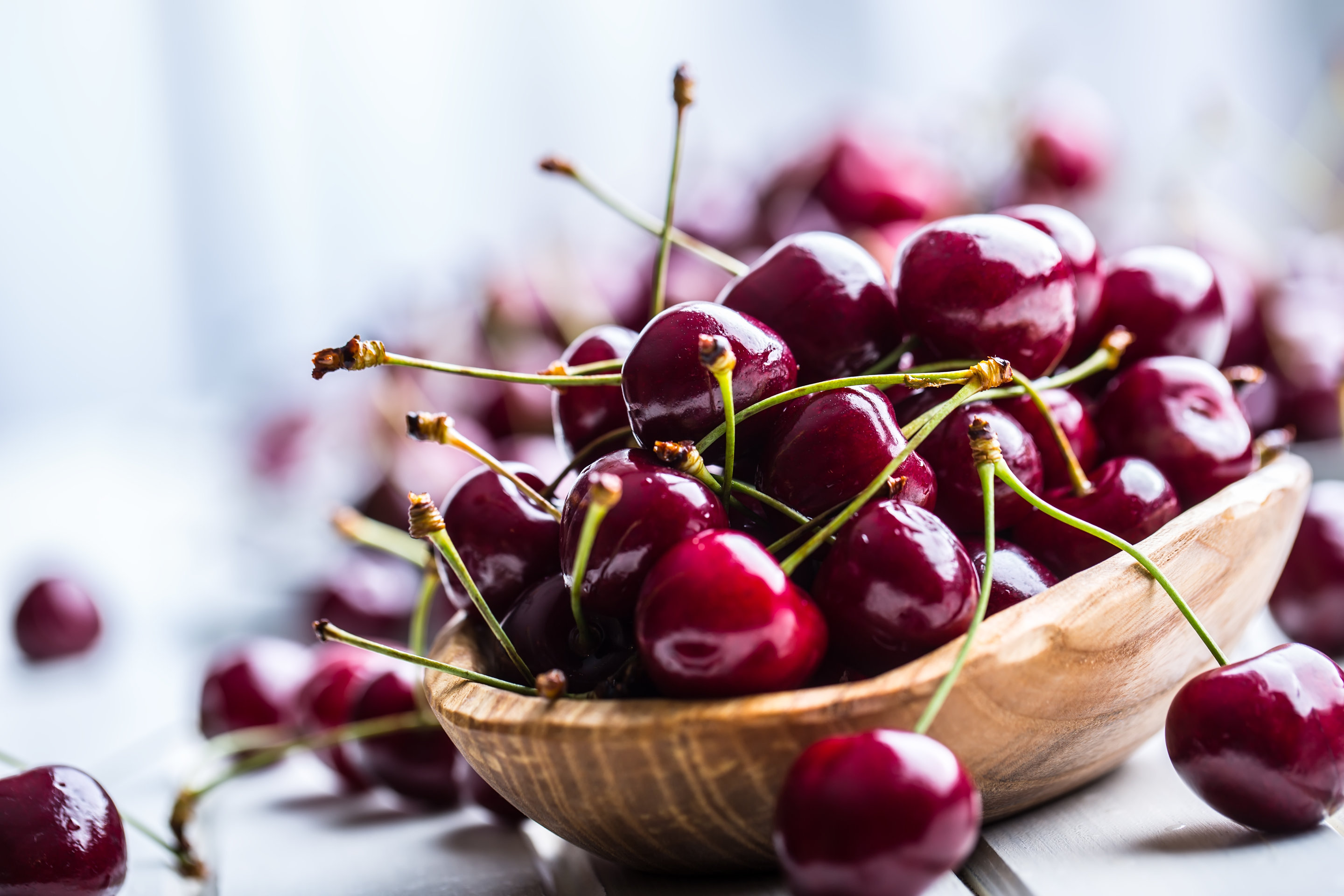
3. Tart cherries
Tart cherries have an impressive anti-oxidant profile making them great healers and anti-inflammatories, which reduce pain. Tart cherries have also been found to alleviate sore muscle pain, as well as pain caused by gout and osteoarthritis.
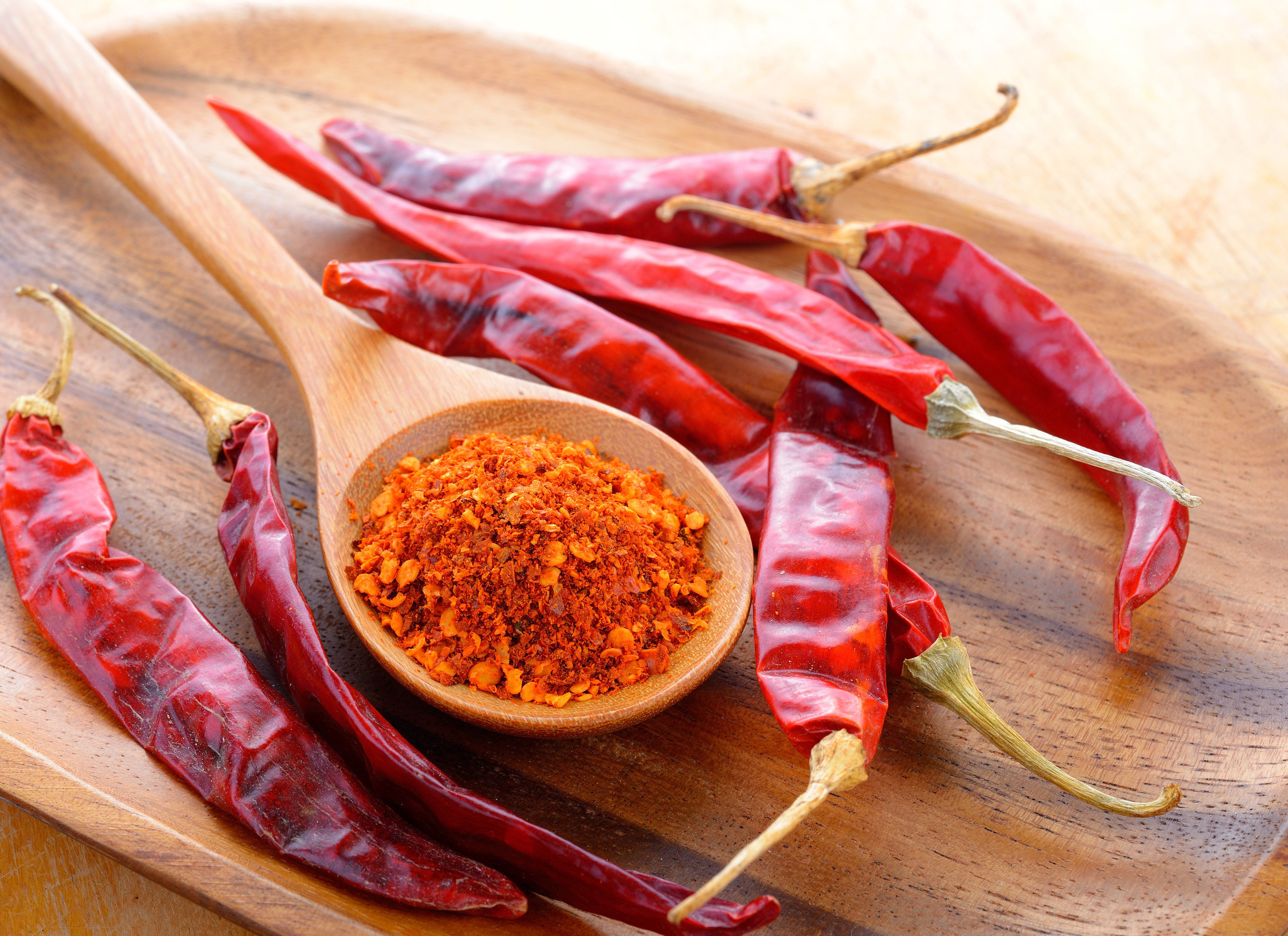
4. Cayenne
Cayenne pepper can be used to relieve pain internally and externally. Although some people become irritated by spicy food, cayenne actually acts on the digestive tract to relieve tummy discomfort. Cayenne can also be applied topically to the skin to alleviate the pain from rheumatism. It does this by improving circulation and creating heat in the area. Please exercise discretion when using cayenne, it’s considered a counter-irritant, which means it combats underlying pain and discomfort by producing some surface irritation.
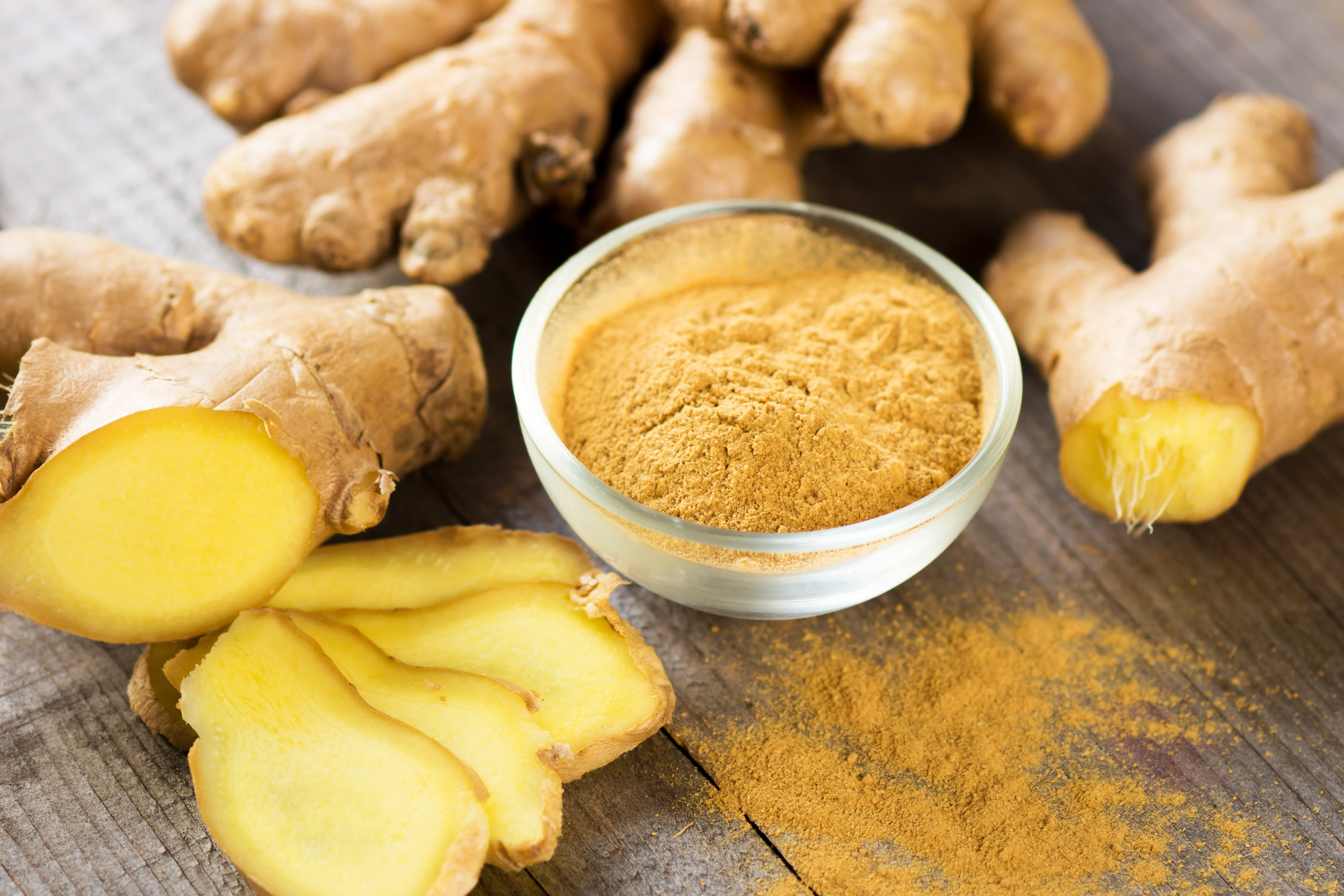
5. Ginger
Ginger is one of the most well-known tummy trouble herbs! It’s highly effective at reducing stomach pain and nausea. Ginger is also full of powerful anti-inflammatory compounds and can be used to reduce joint and muscle pain. Add it to your food or brew the root as a tea.

6. Devil’s claw
Perhaps not the most well-known herb on this list, Devil’s Claw is a powerful natural pain killer. It acts as an anti-inflammatory and reduces the pain caused by rheumatism and arthritis, and even acts as a mild sedative to help with relaxation. It’s often found in supplement form, but can also be taken as a tea.
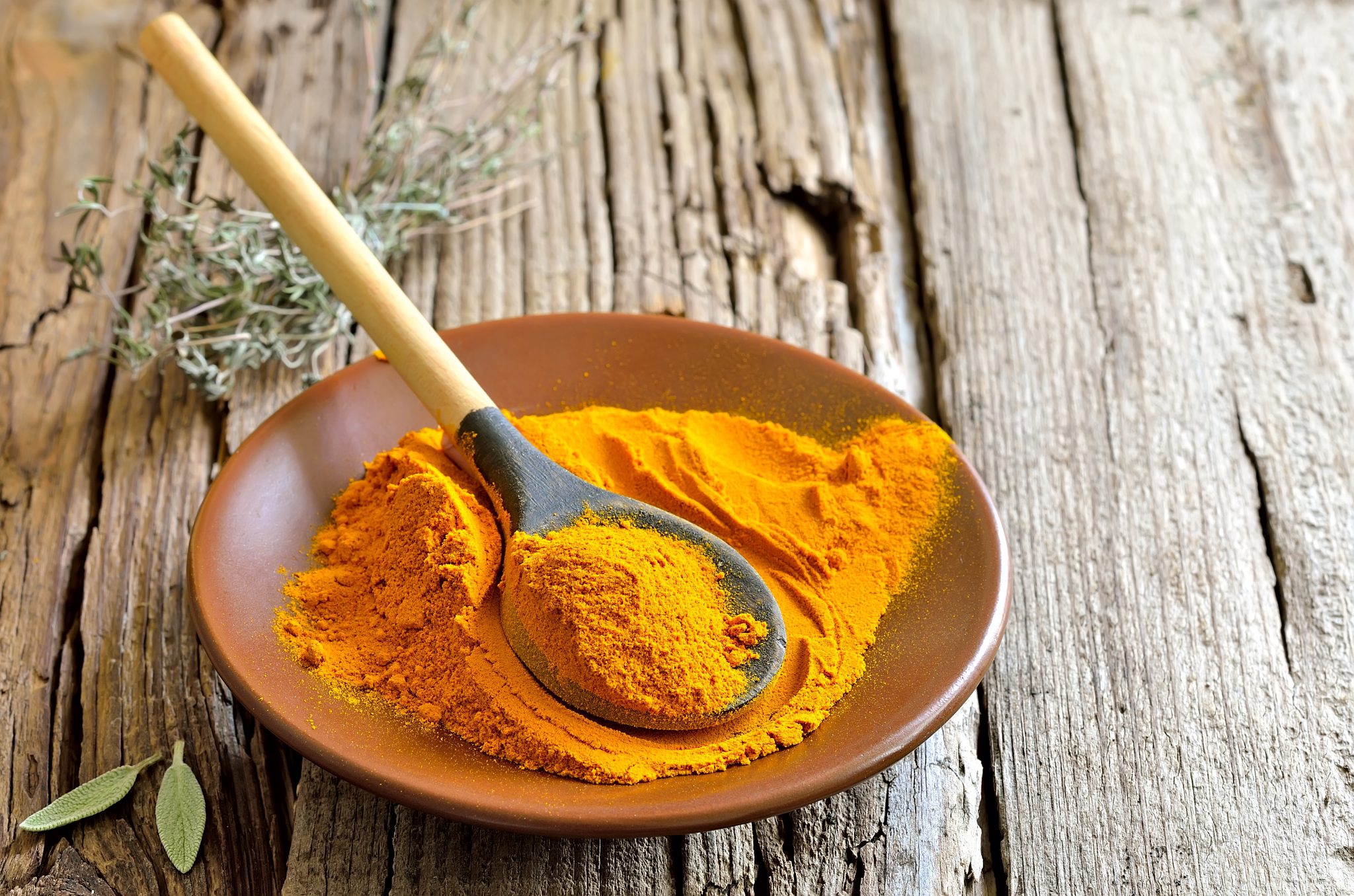
7. Turmeric
One of our most powerful natural anti-inflammatory plants, turmeric is highly versatile when it comes to pain management. It can be cooked in food, used dried or fresh, drank in tea, taken as a supplement, and applied directly to the skin. Turmeric modulates the pain associated with rheumatoid arthritis and osteoarthritis, muscle and joint pain, and overall stiffness.
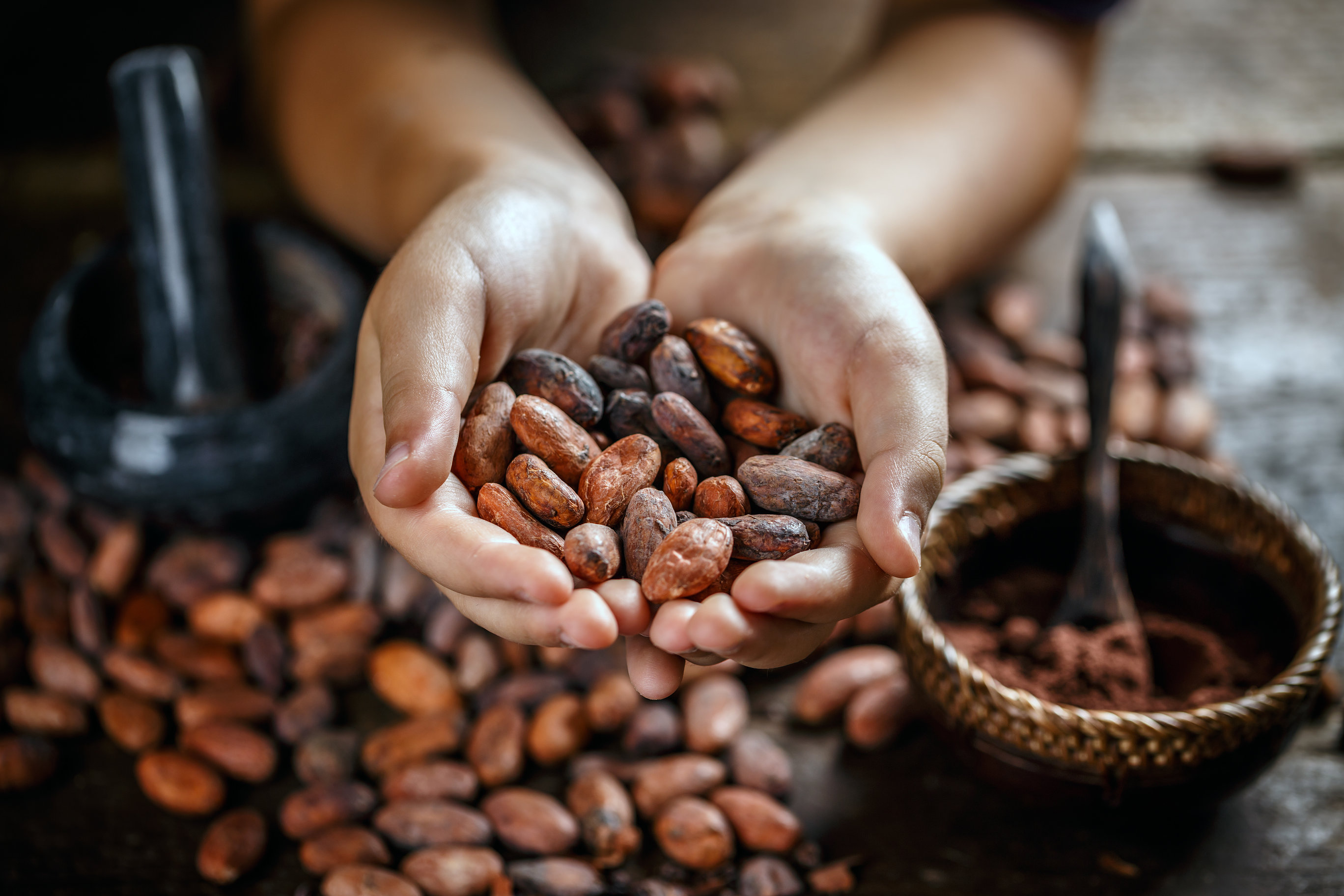
8. Chocolate
Our beloved chocolate comes to the rescue! Having been considered a pain reliever for centuries, chocolate has also been found to increase pain tolerance. This is possibly due to the fact that chocolate boosts happy chemicals in our gut and brain when we eat it. In addition to chocolate, cacao, the main component of chocolate, is packed with healing nutrients, such as antioxidants which reduce inflammation, and magnesium which relieves muscle soreness and cramping.
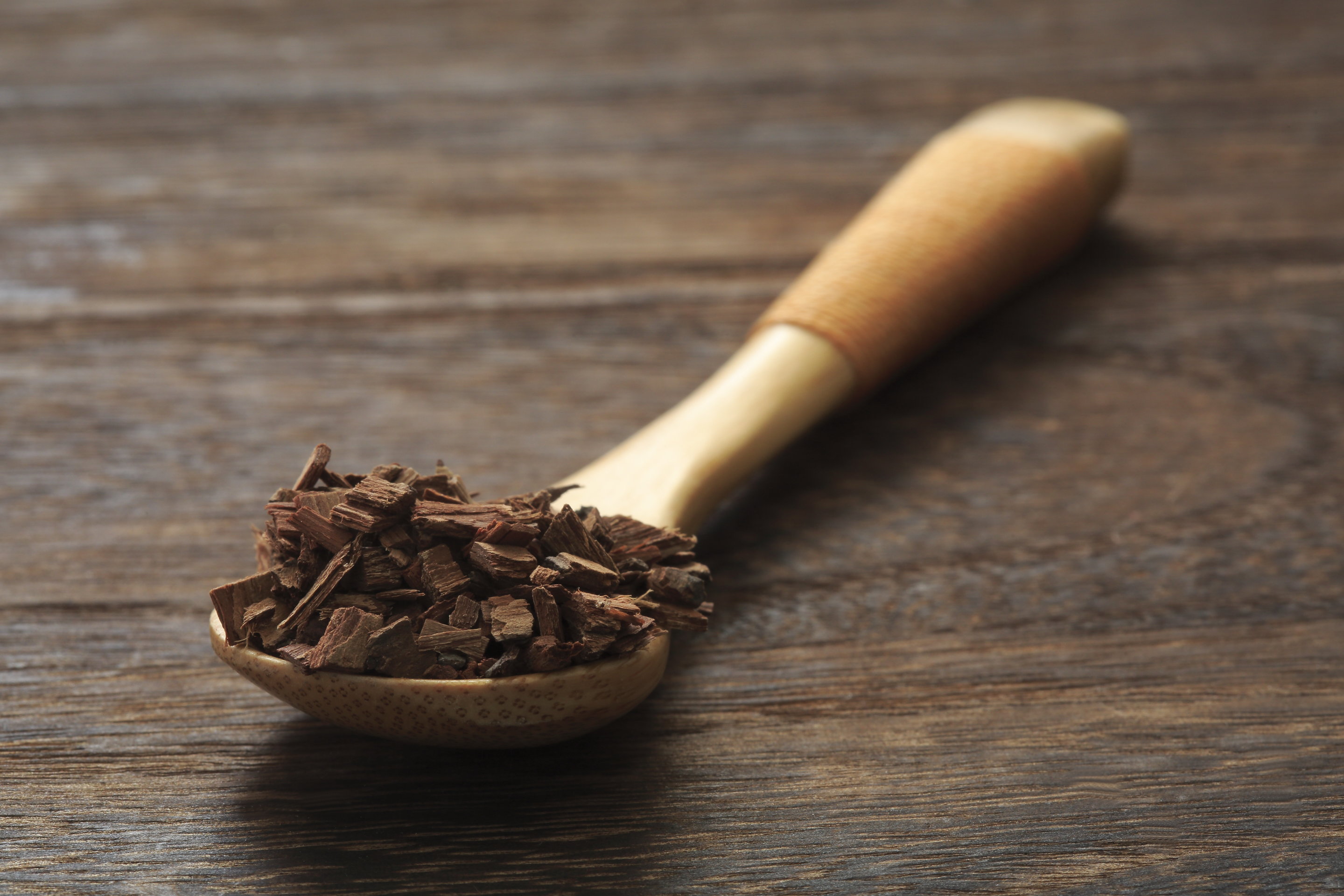
9. Willow
Willow has been used for thousands of years as a pain killer, and it’s the plant aspirin is derived from. Although, today it’s most commonly used topically for skin conditions, it’s still a powerful natural pain killer that can be drunk as a tea or taken as a supplement! Willow is helpful with relieving joint and muscular pain and reducing inflammation.
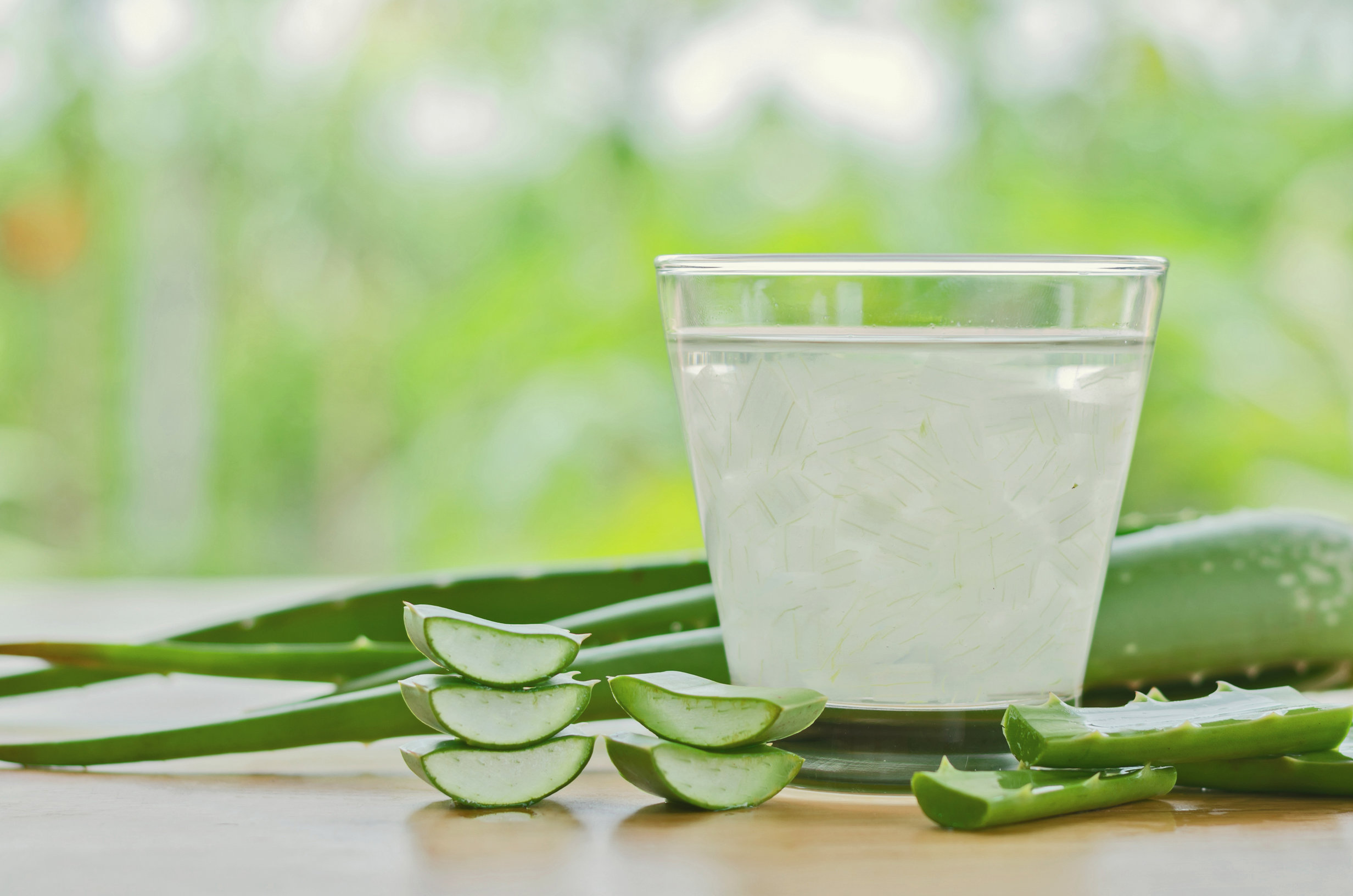
10. Aloe vera
Many of us are familiar with aloe vera and its calming effect on irritated skin, however, aloe vera juice also has a soothing effect internally! It helps with pain caused by digestive upset, an inflamed gut, and pain from ulcers. However, use sparingly, when taken in excess or too regularly, aloe vera can have a laxative effect.
Now that you have these foods and herbs in your awareness, you can begin to incorporate them into your inflammation protocols. And remember, Clean Eating will always support you in lowering your inflammation and increasing your energy too!







